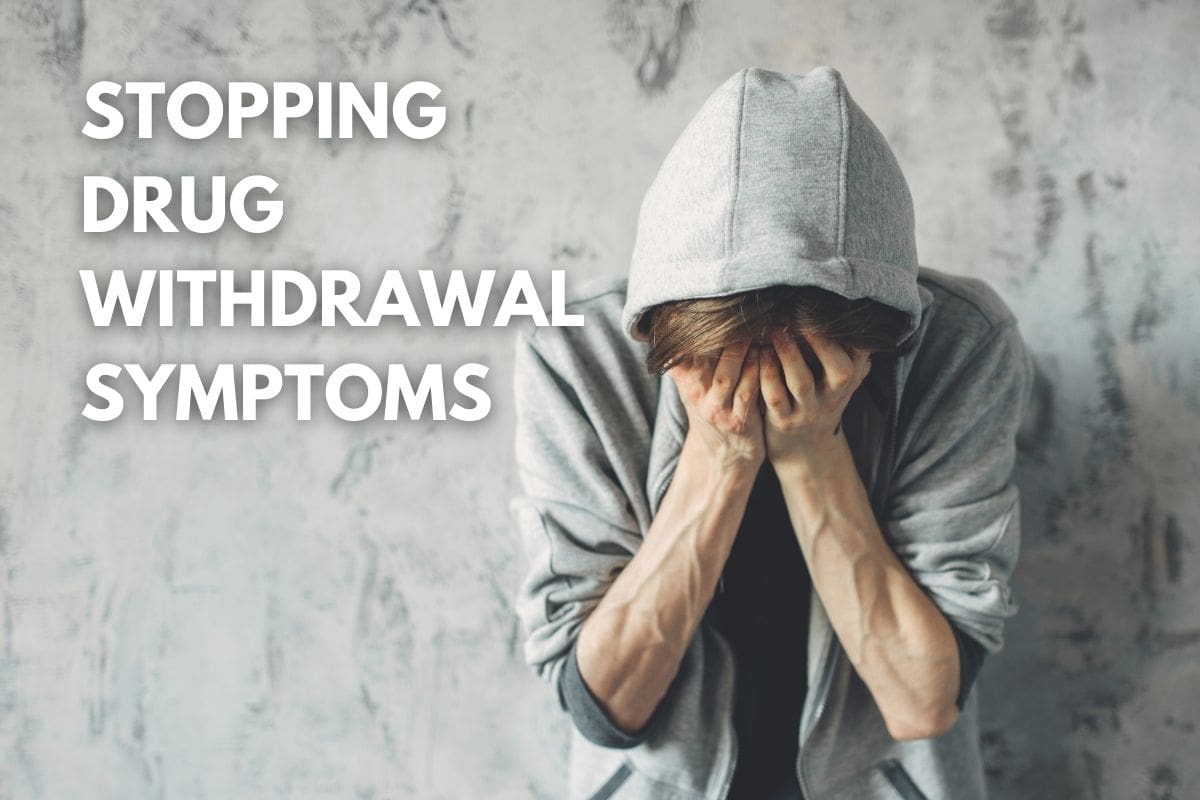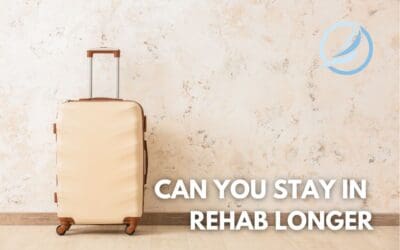Alcohol and drugs alter the molecular makeup of the brain, and repeated use of mind-altering substances can lead to dependence. Withdrawal is a set of physical and psychological symptoms that occur when a person stops using or reduces their consumption of a substance like alcohol or drugs.
Withdrawal can be painful and, in some situations, dangerous. Even if you are using illicit substances, you should seek medical attention before discontinuing or lowering your substance use. Read on for ways to stop withdrawal symptoms safely.
How to Stop Drug Withdrawal Symptoms?
Some withdrawal symptoms can cause adverse effects such as cravings, body aches, sudden weight loss, and headaches. Here are some ways to stop withdrawal symptoms at home.
1. Fight Intrusive Thoughts
During withdrawal, it’s very likely someone will experience intrusive thoughts. It’s important to fight those by seeking support and guidance from those around you. Go through your list of reasons for going through withdrawal instead of focusing on the symptoms themselves. It is beneficial to think of negative symptoms positively, such as indicators that the body is getting rid of substances or doing what it’s designed to do.
2. Be Conscious of Your Anxiety
Anxiety can make you feel physically and mentally uneasy. Even if you are not suffering a heart attack, your breathing and heart rate may accelerate to the point that you feel out of breath.
It is critical to remind yourself that you are safe and that the worry you are experiencing is a natural part of the healing process. If your anxiety symptoms worsen and are accompanied by other physical symptoms, you may be going through a more severe withdrawal and should seek medical help.
Write down your anxiety symptoms and try to find the meaning behind them. Remember that cravings and a need for the substance are the drugs talking, not yourself.
3. Join a Support Group
Support or peer groups can benefit you as you struggle with withdrawal. These groups already offer a space for people in recovery to share their experiences, knowledge, coping skills, and understanding. Attending these meetings can provide a safe space to discuss your process.
It’s easy to find Alcoholics Anonymous (AA) or Narcotics Anonymous (NA) meetings near you. Some of these groups are now even offering online meetings you can attend from the comfort of your home. In addition, you should consider attending group therapy meetings at a rehab facility that provides outpatient treatment programs.
4. Focus on Nutrition
Eating a balanced diet can help with mood fluctuations common during withdrawal. Adopt healthy eating habits throughout as part of your ongoing treatment plan. Bad eating habits might escalate the risk of relapse. A well-balanced diet rich in vegetables and fresh fruits, complex carbs and proteins, vital fats, and lots of water will help to reduce withdrawal symptoms.
5. Ask Family for Support
You’re bound to have many difficulties when you decide to quit a substance ‘cold turkey,’ you’re bound to have many difficulties. Ask your family for support and help during this process, especially if you’re not going through withdrawal at a rehab facility.
Ask your family to forego drinking and other activities that might trigger you. Try spending more time doing activities that don’t involve substances, and that can show you the good aspects of sober living. Over time, your friends and family can become a critical part of your recovery journey, so lean on them for all the support you need.
How Long Do Withdrawal Symptoms Last?
How long withdrawal symptoms last will depend on the type of substance(s) used and your level of addiction. Depending on various variables and individual characteristics, it may take days to even months to resolve all withdrawal symptoms completely.
On average, withdrawal symptoms last:
- For alcohol: between 24 hours and up to 8 days.
- For opioids: begin after 8 hours and can last up to 10 days.
- For benzodiazepines: start within 1 day and last up to 2 weeks or months.
Given the devastating effects of drug addiction and misuse on people, society, and families, several resources are available to those seeking help. You may notice changes in your loved one. Appearance, overall wellbeing, or mannerisms when they stop using drugs or alcohol.
Withdrawal can be difficult to manage on your own, which is why you should seek supervised medical detox or drug withdrawal medication to support you or a loved one conquer withdrawal symptoms.
Sources:

































